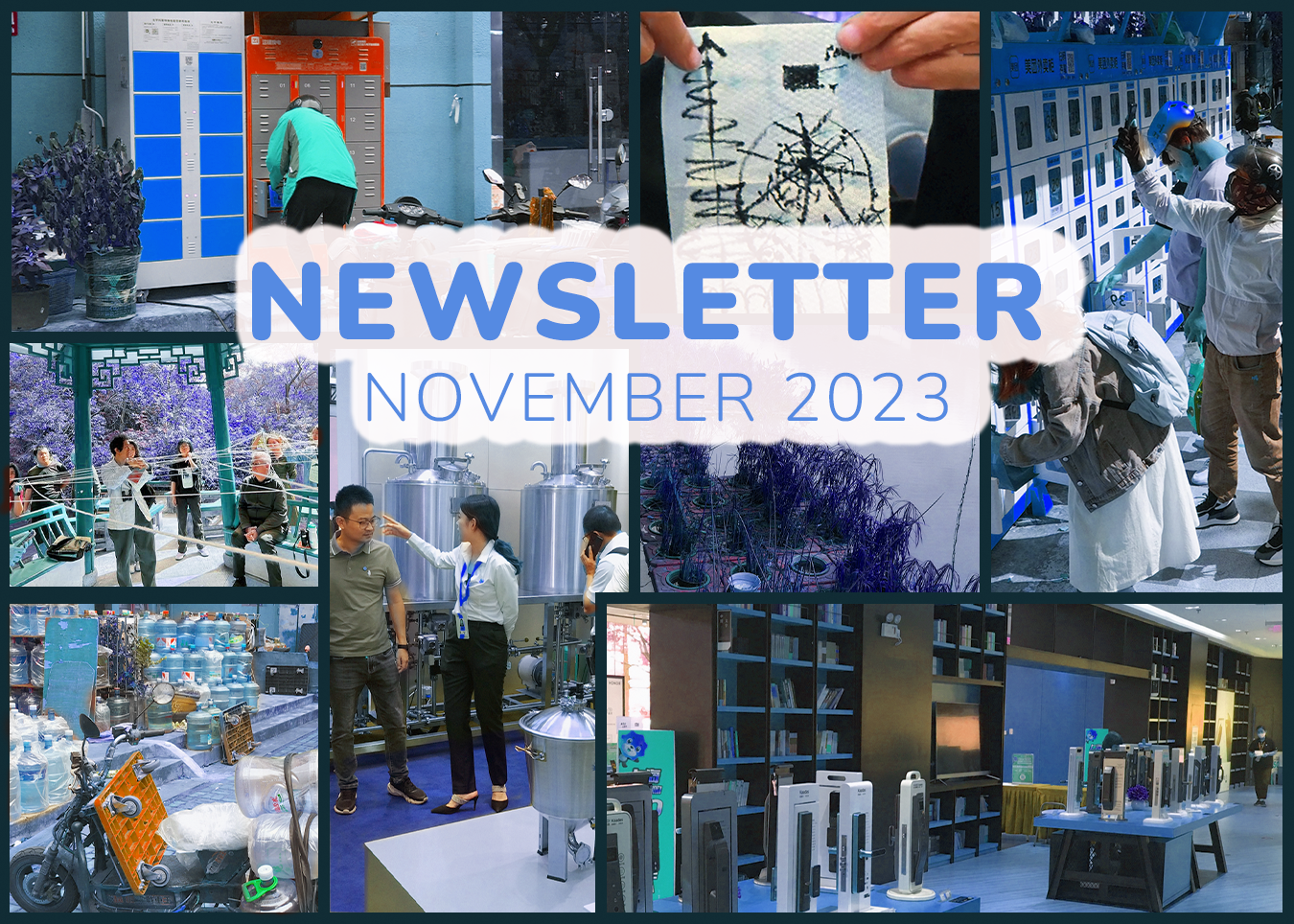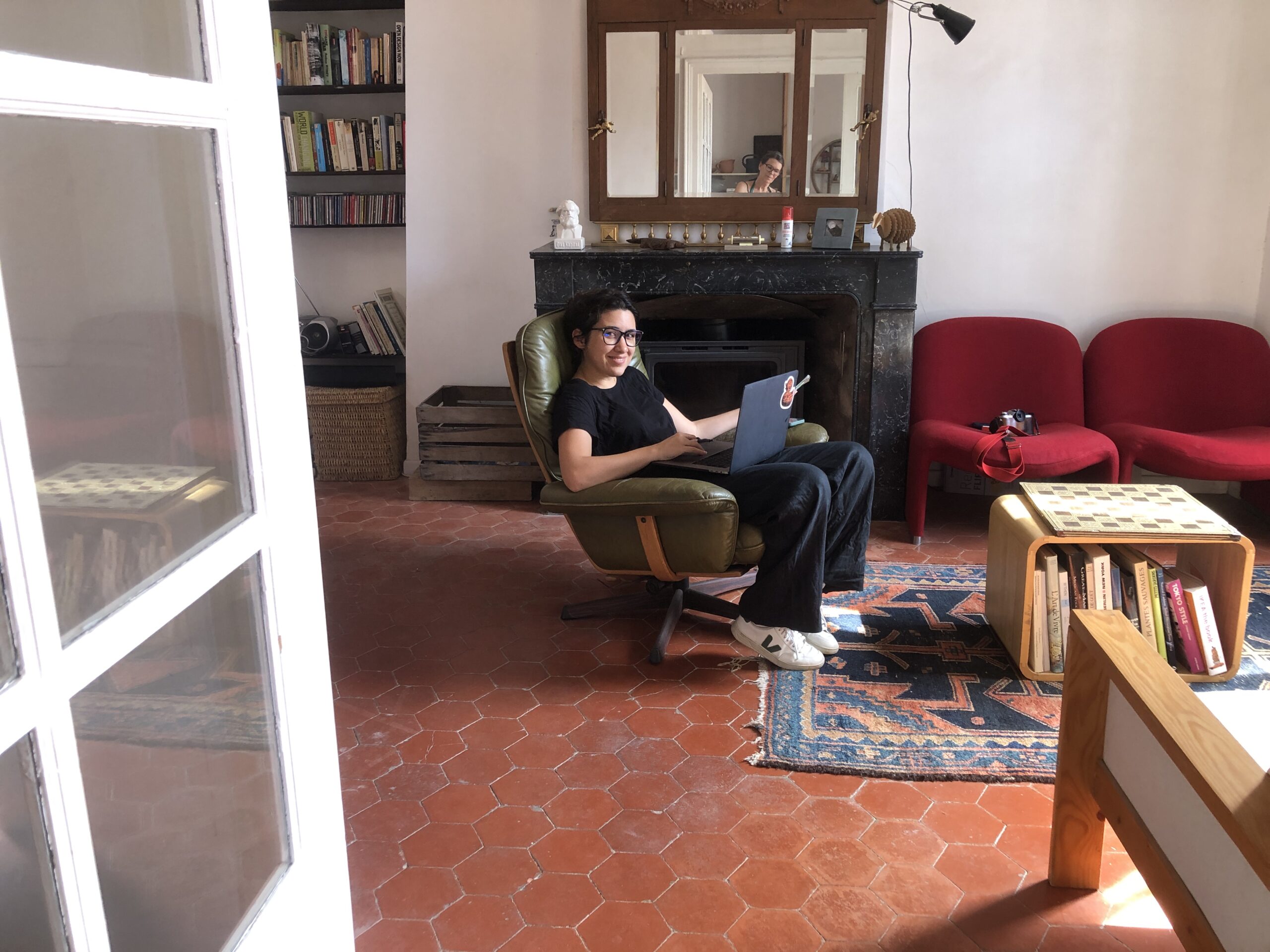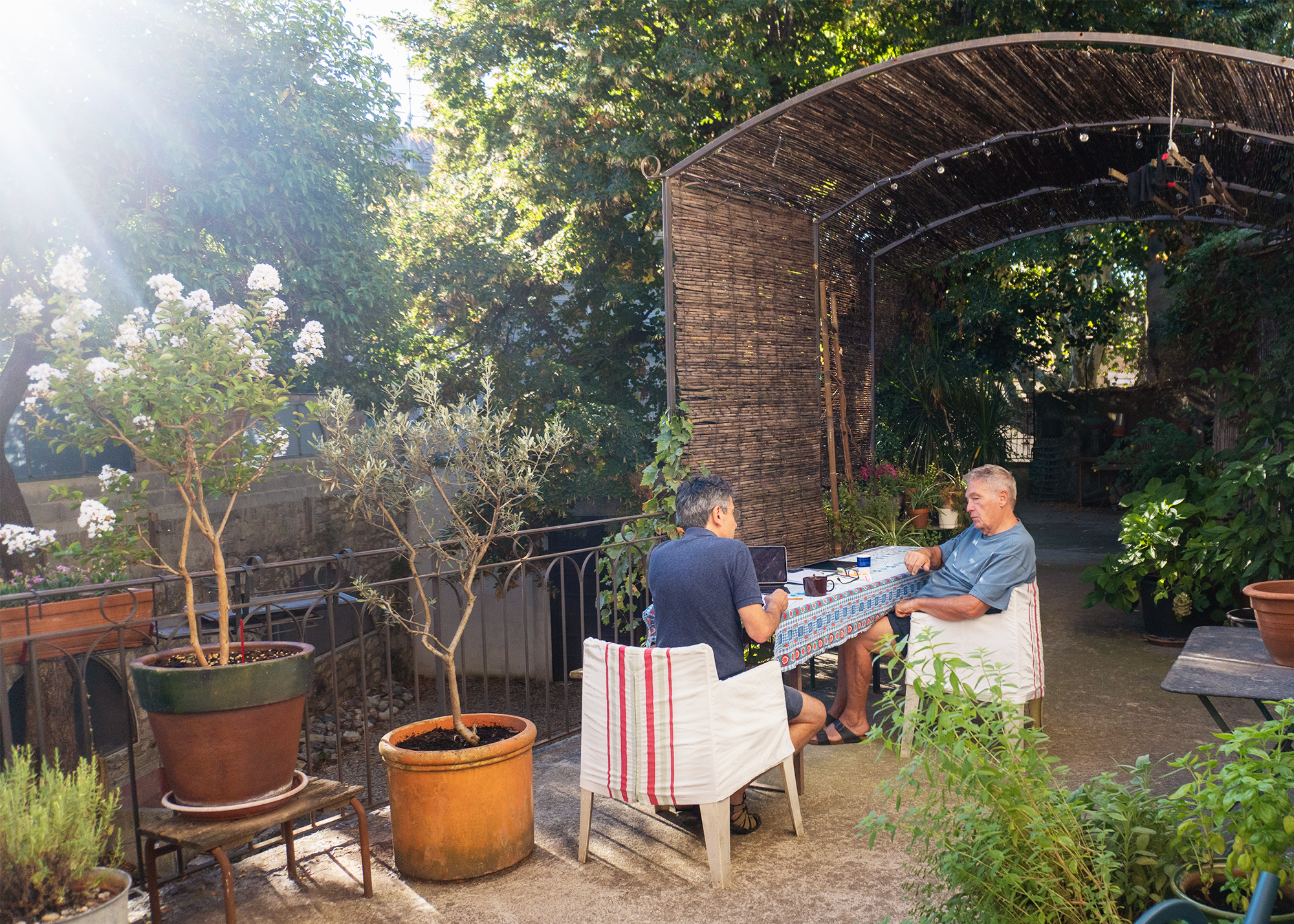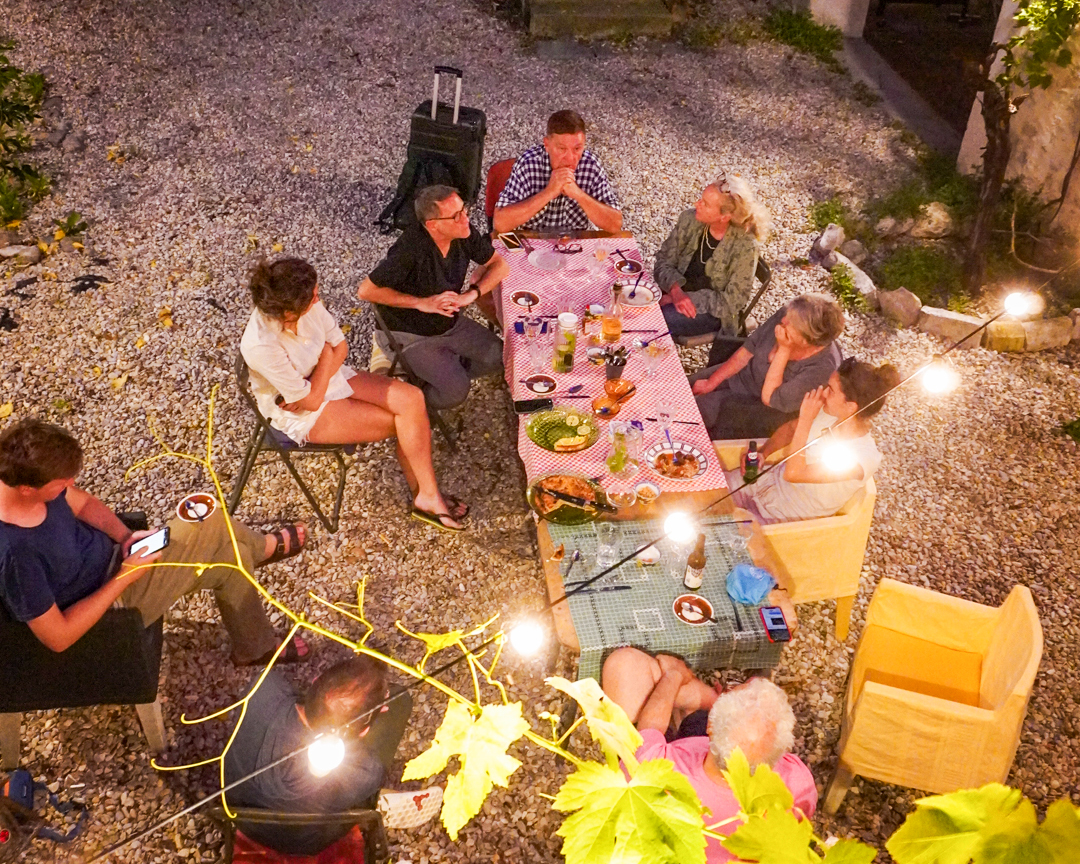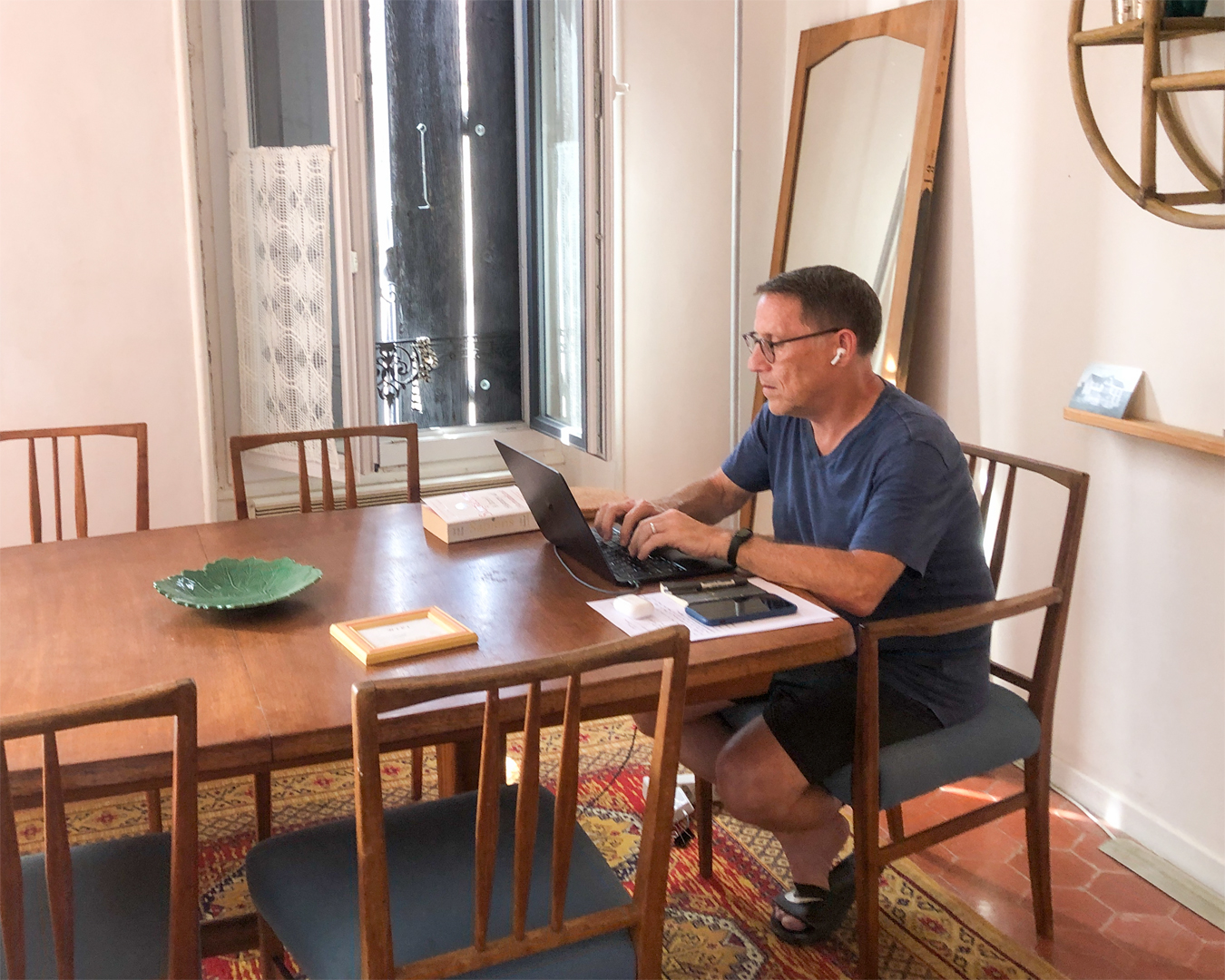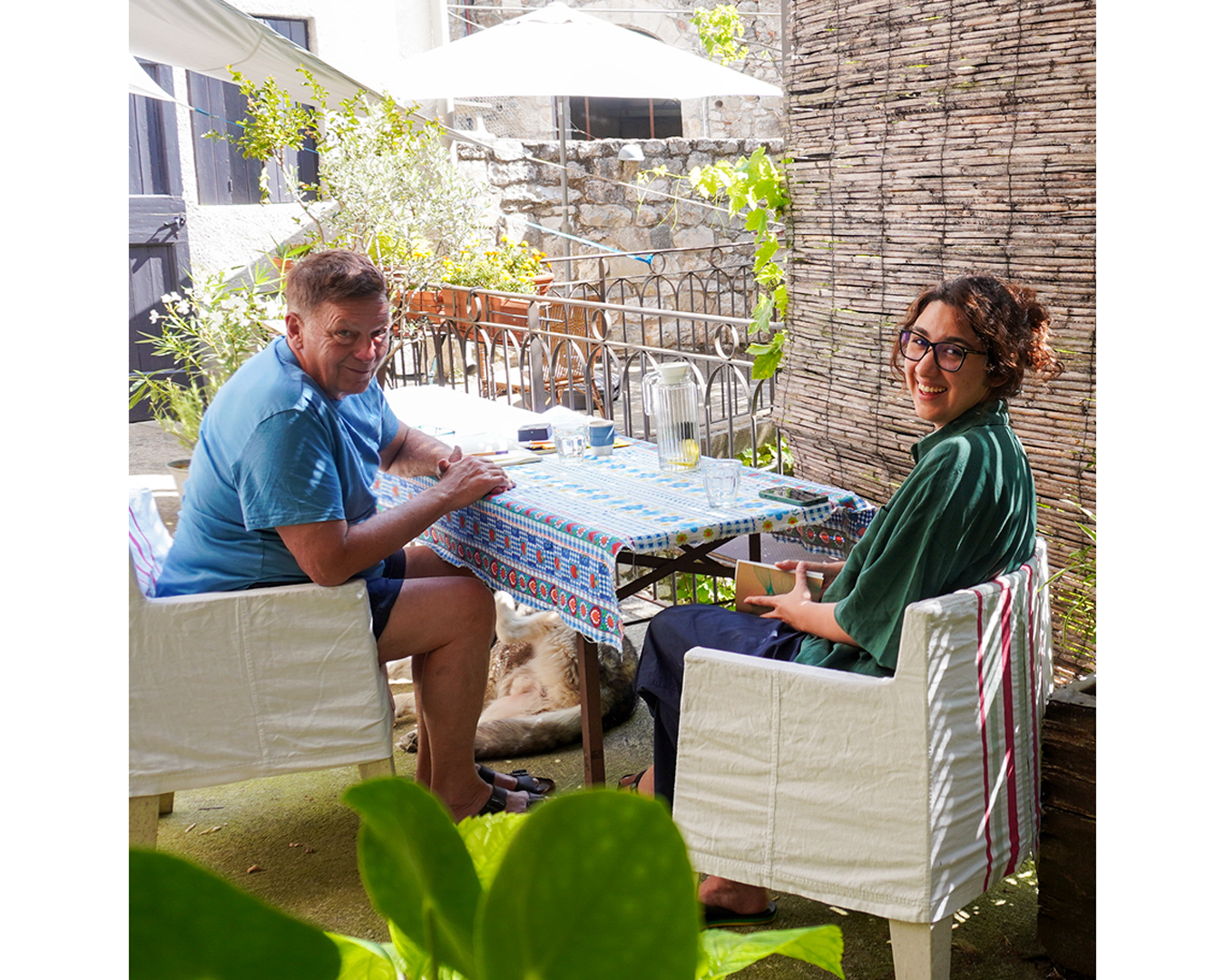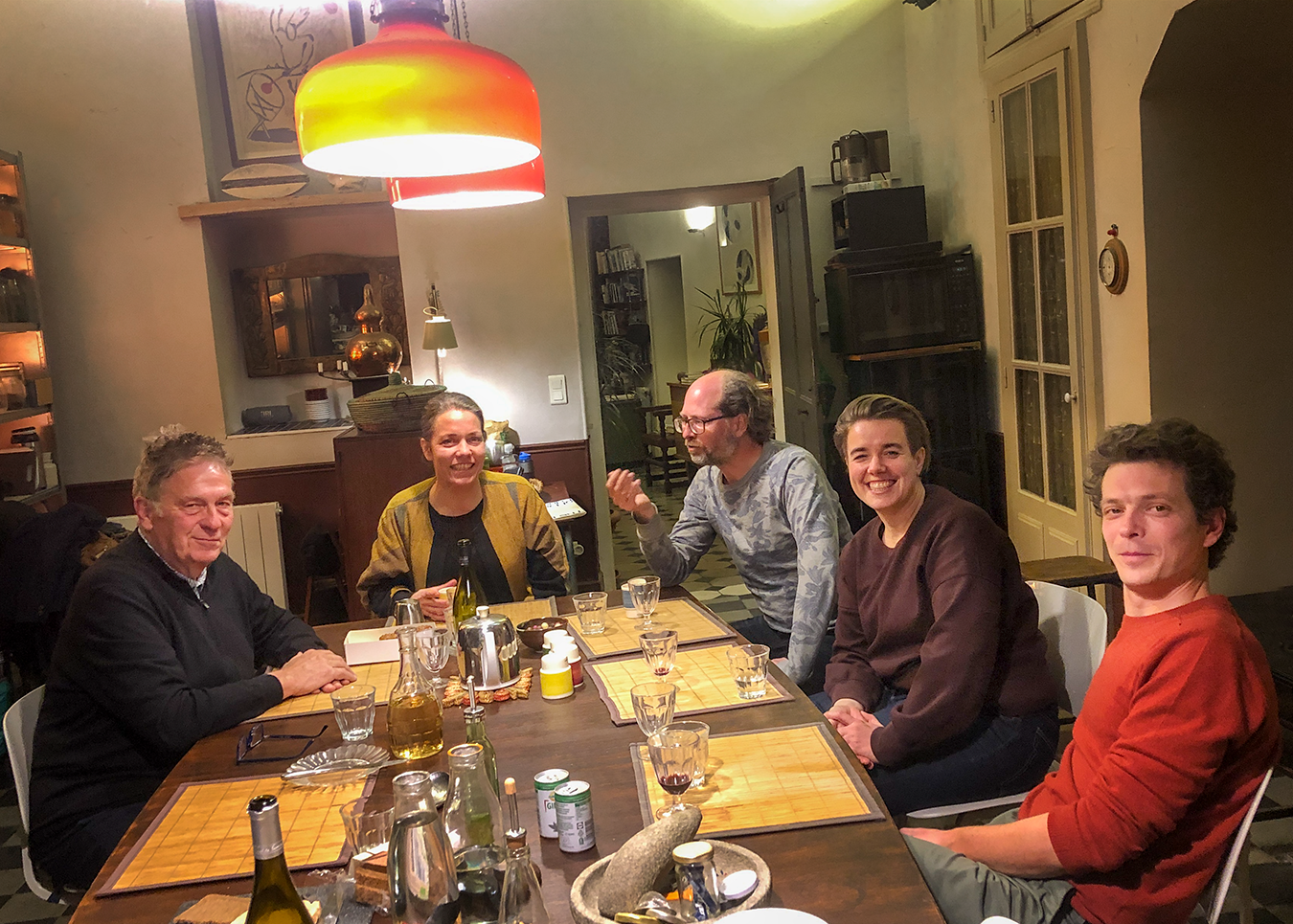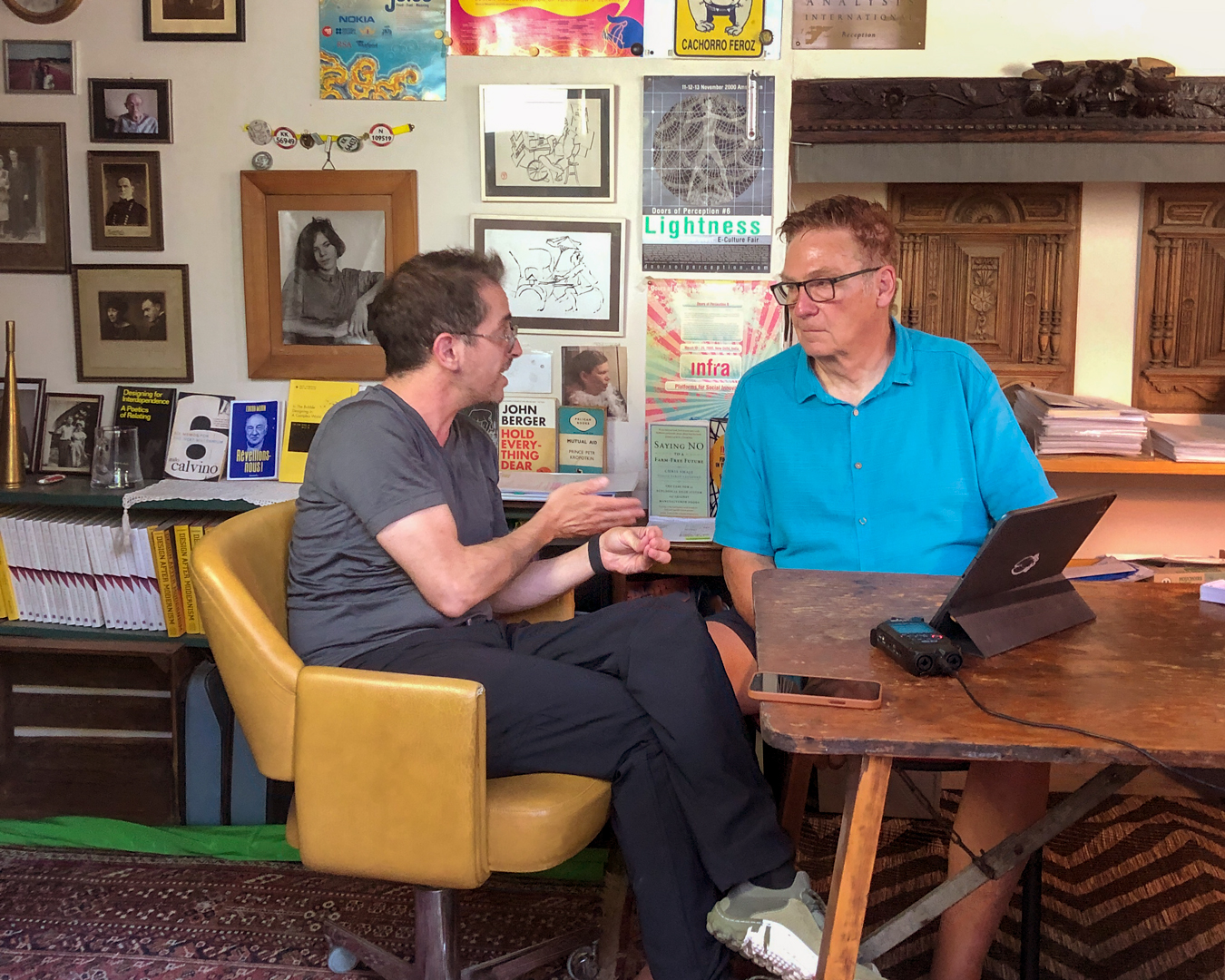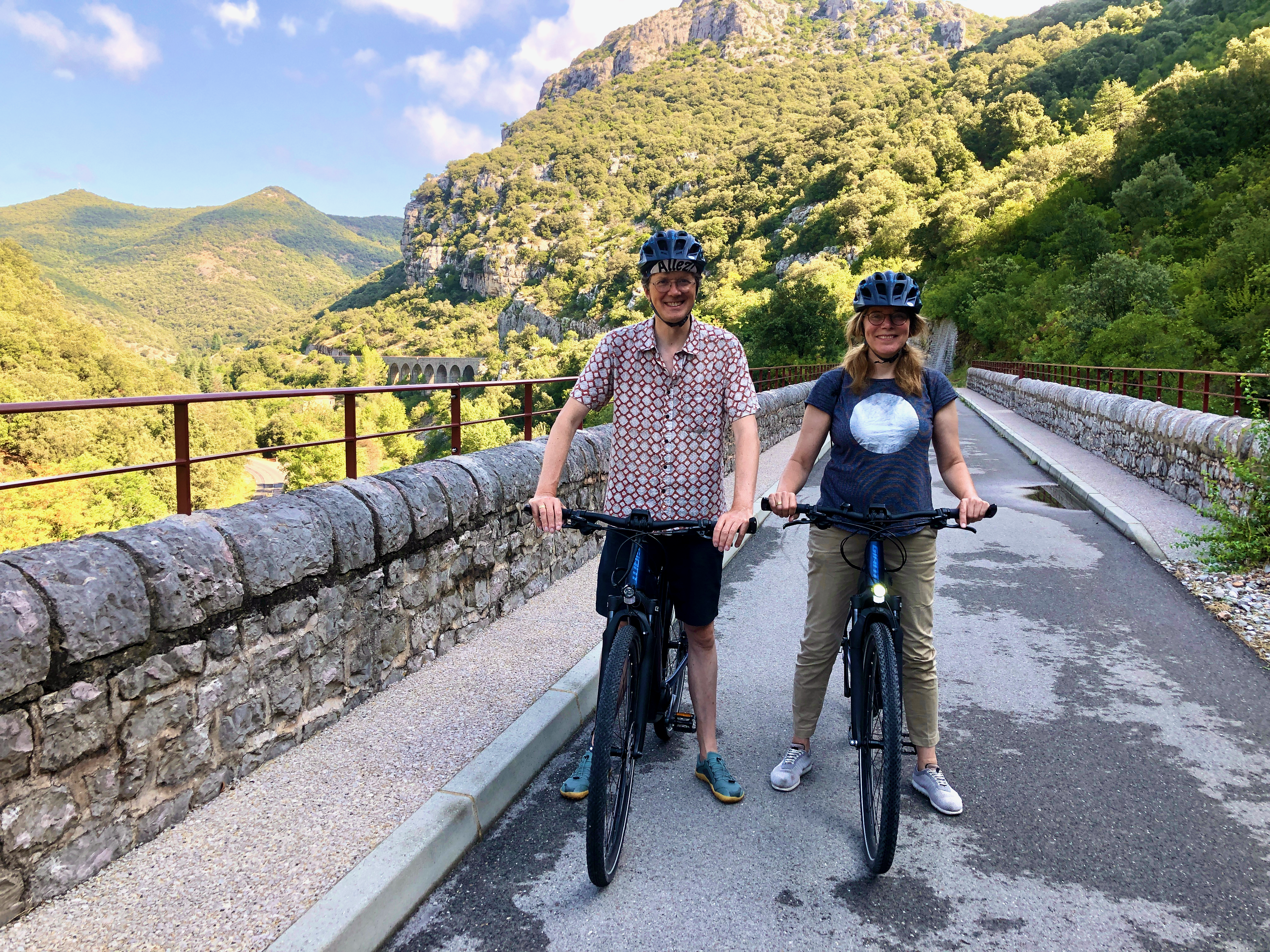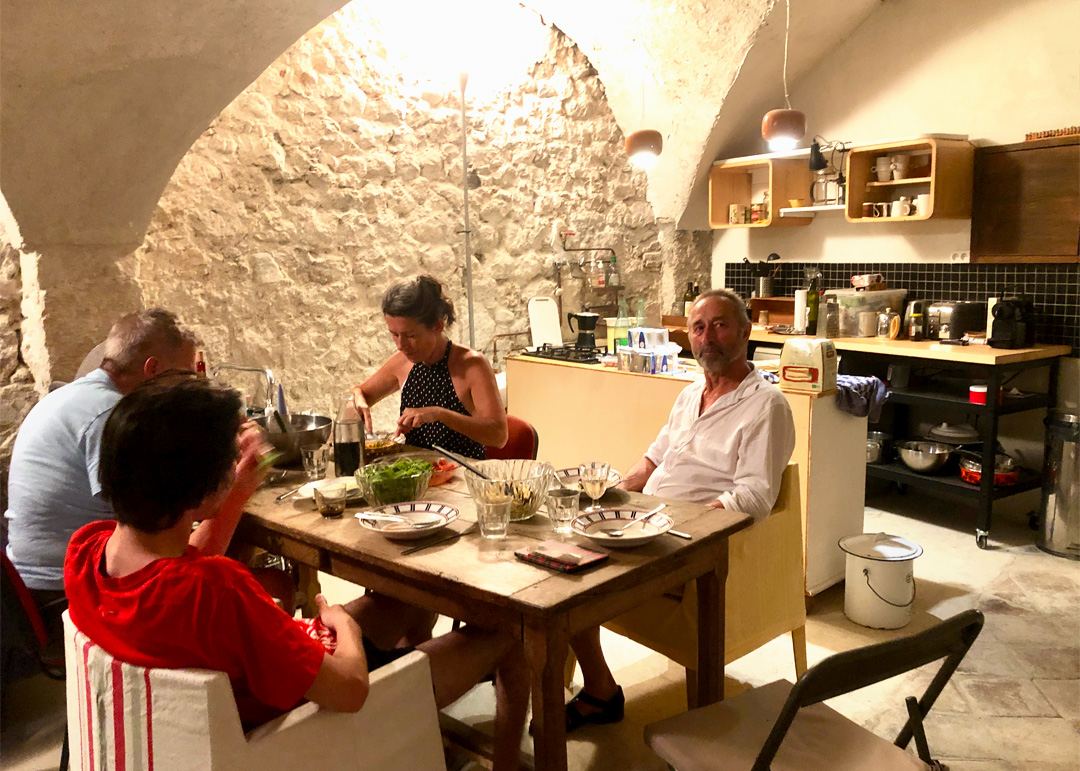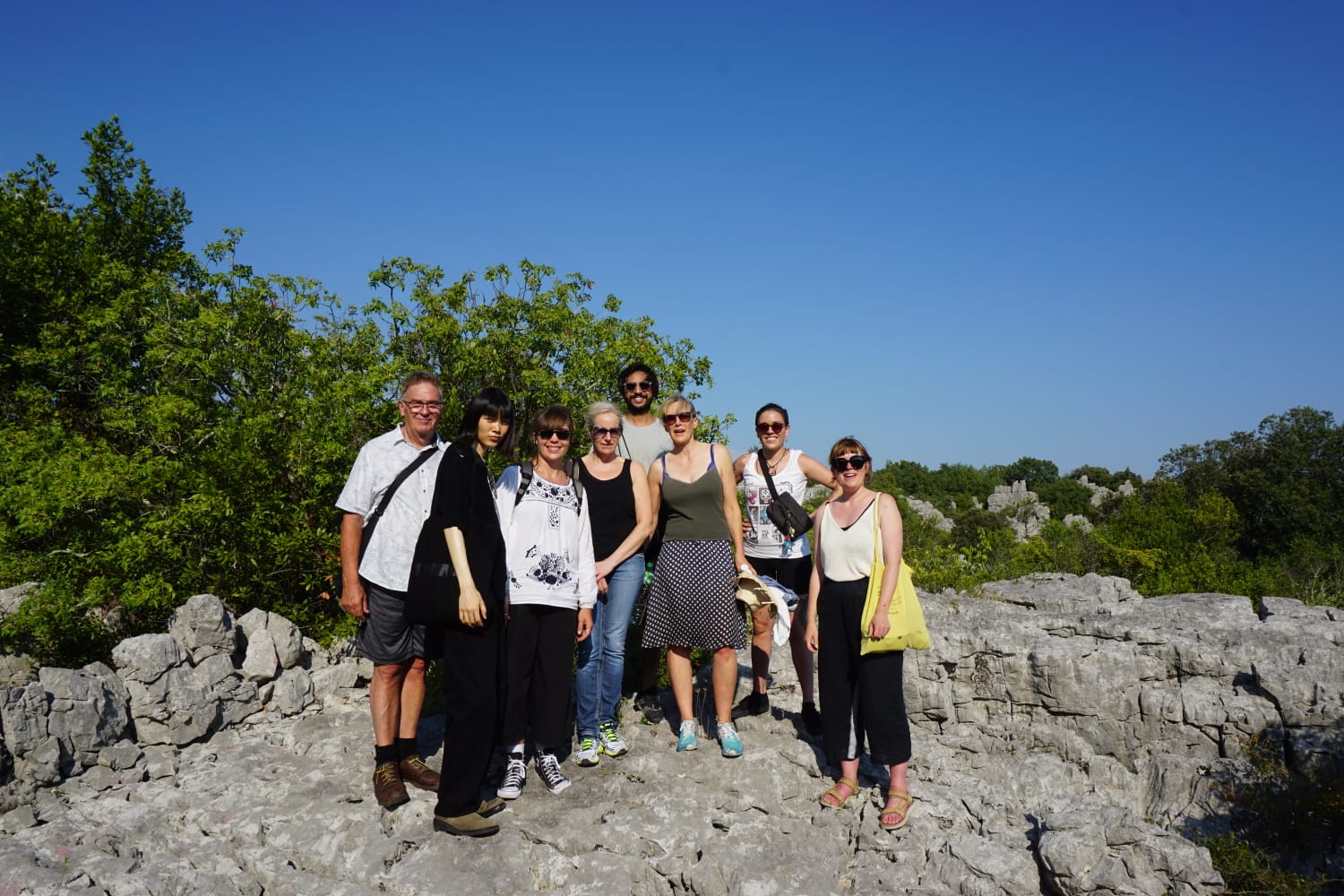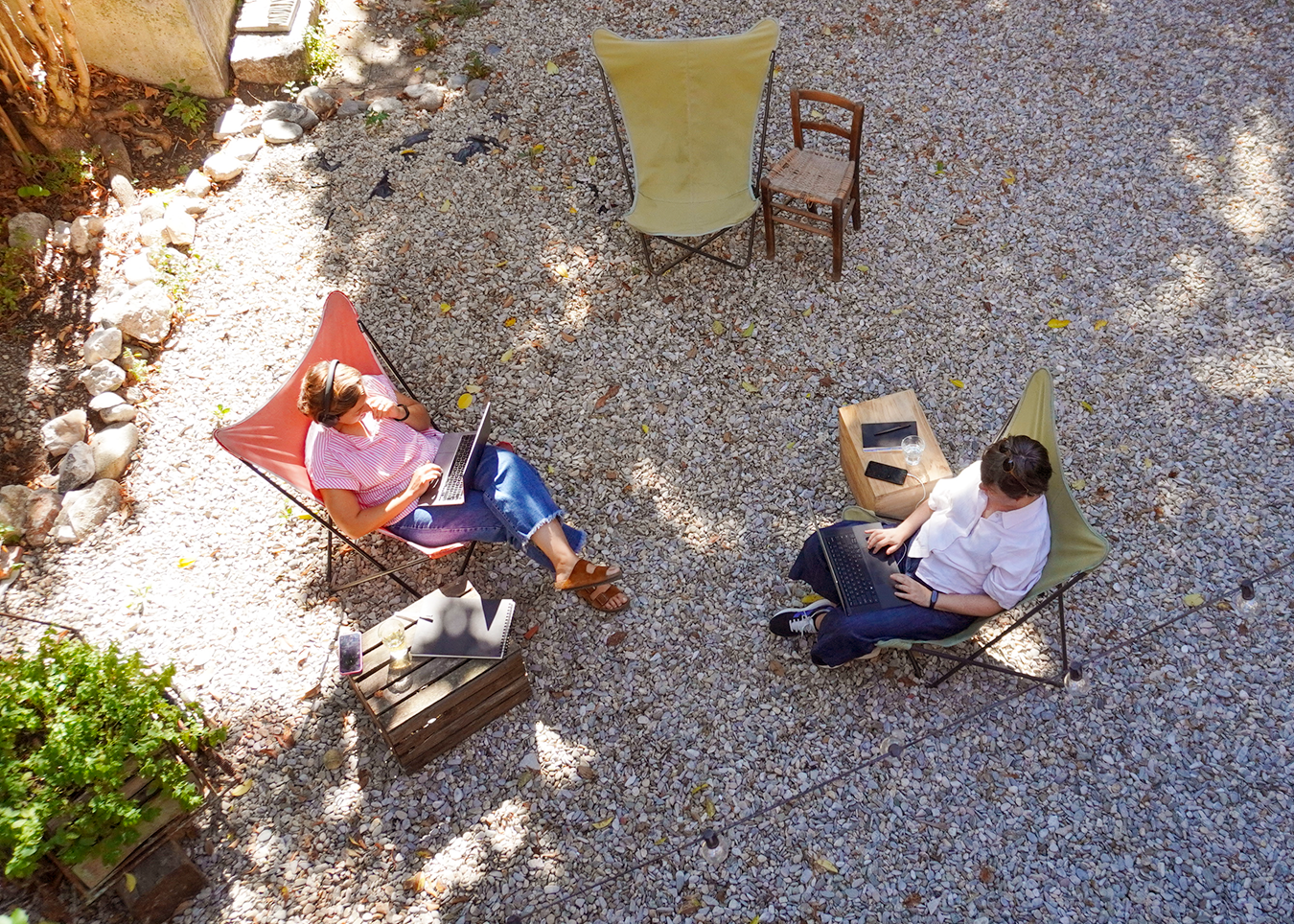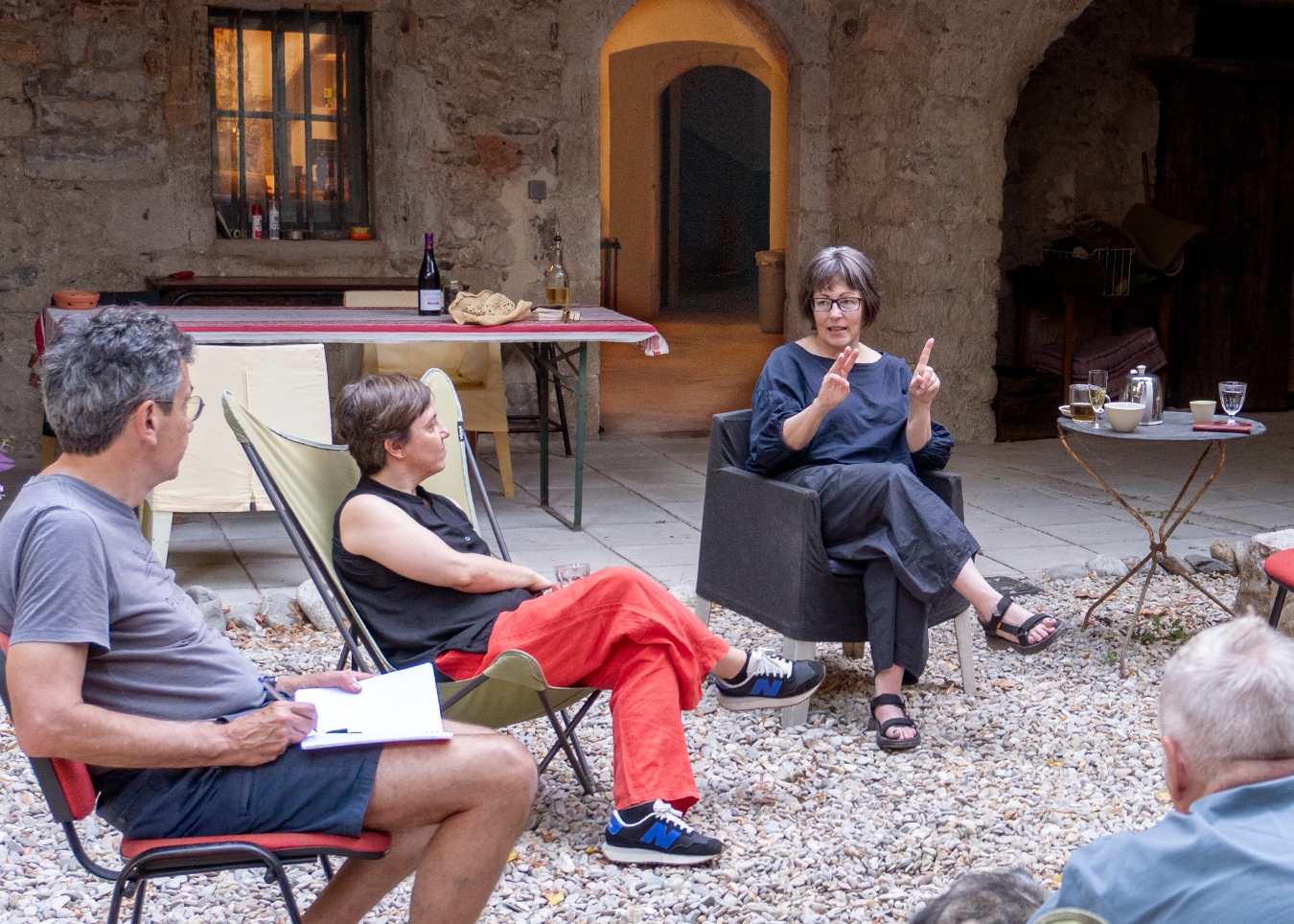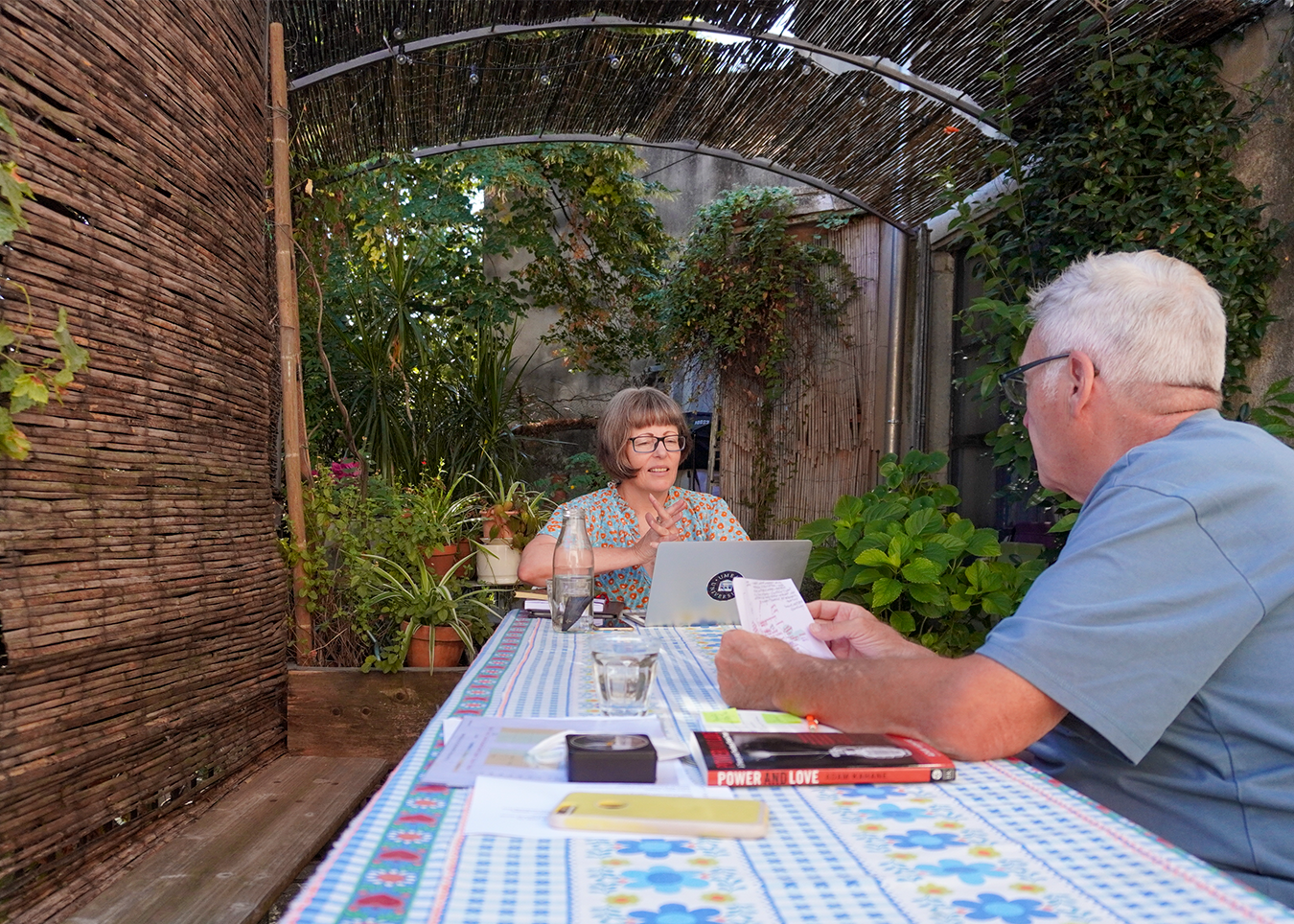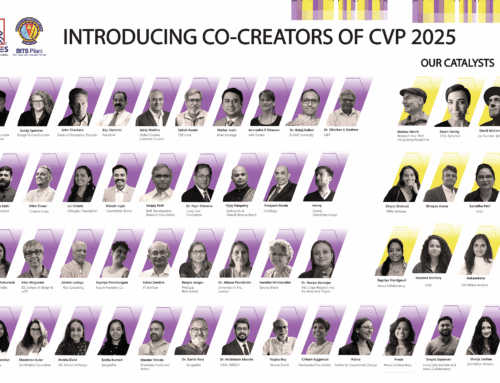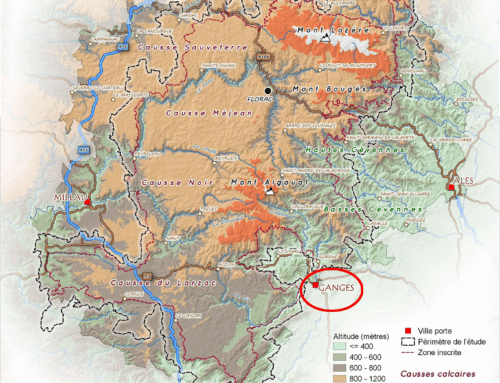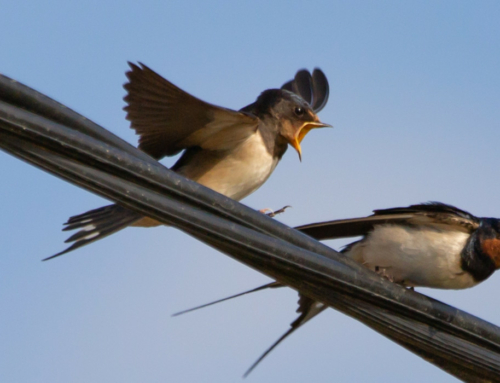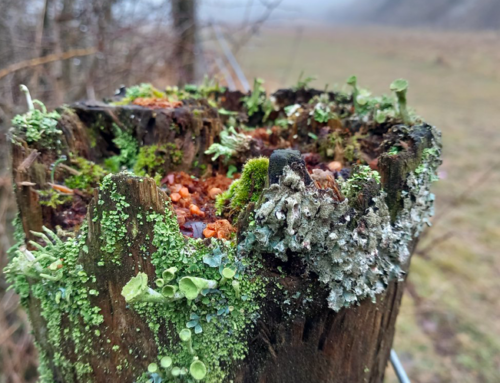7-Day-Sabbaticals
When I was explaining about our MeetUps in France, a smart person said we should call them 7-Day-Sabbaticals. We’ve been discussing what to call them since 2019, when we started, and will probably continue to do so – but we have now decided on dates for 2024:
15 June – 22 June
2 July – 9 July
24 August – 31 August
10 September – 17 September
Go here for details on what they are, who comes, and why, and how to apply.
Smart homes contain paper books
I just got back from a month in Shanghai. Scroll through these signals of change:
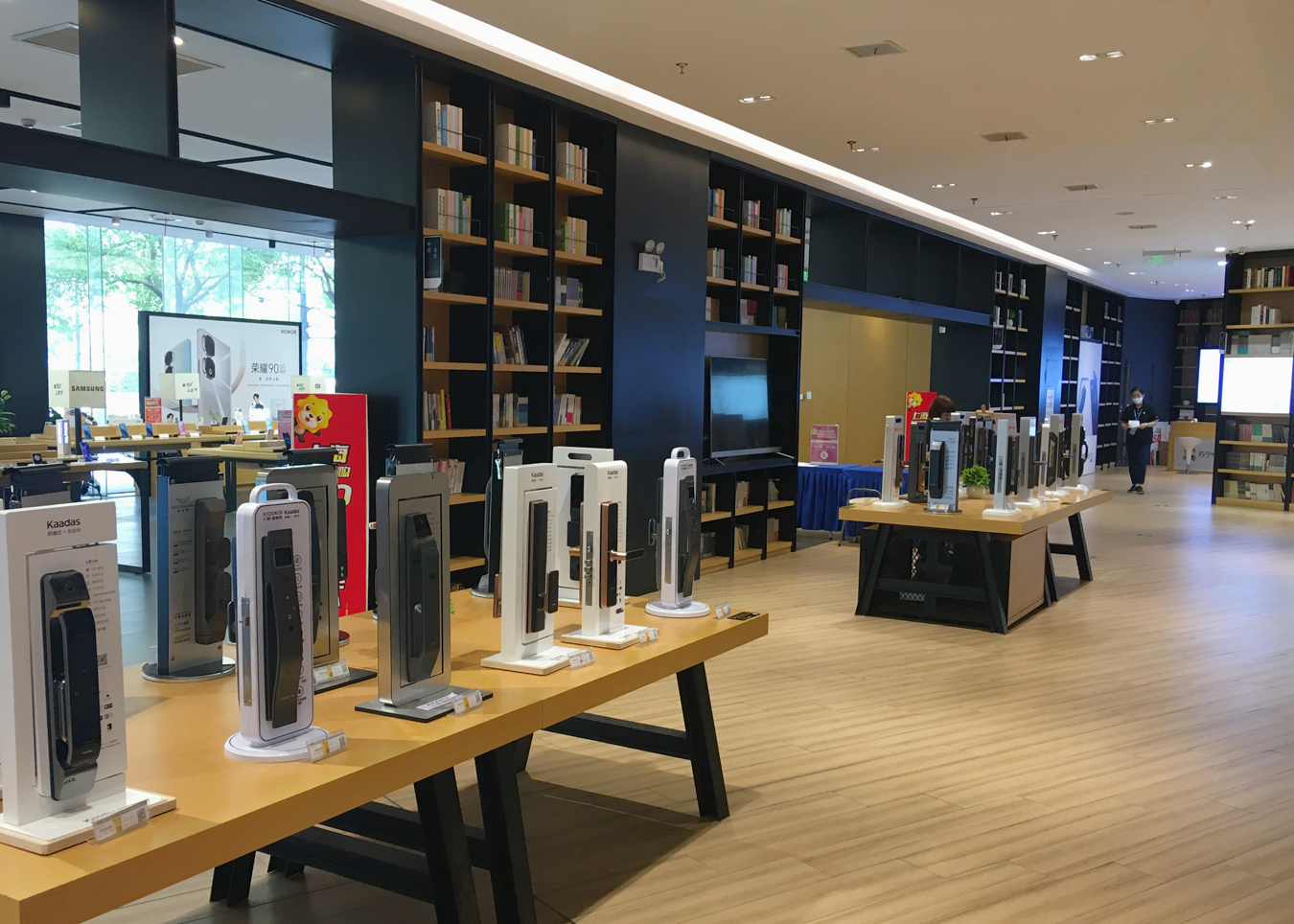
1. The biggest smart home appliance store in Shanghai is lined with paper books – as well as the intelligent doorhandles shown here. The books are for sale, and seemed to be selling briskly
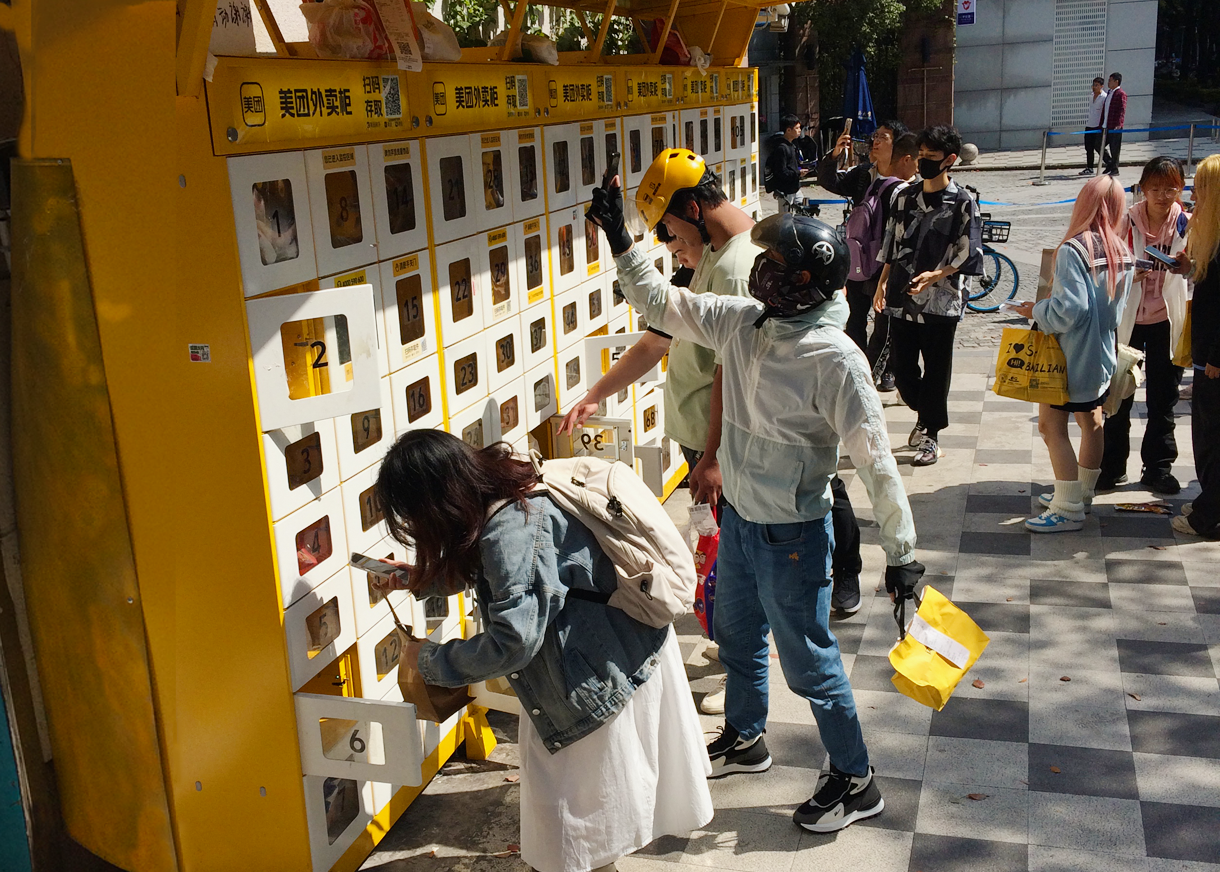
2. More than 500 million people have ordered a meal online that’s delivered by to a smart hive-box by couriers riding electric scooters. Customers pay 2-4 euros per meal. Couriers earn about 70 cents a drop. (The largest courier platform alone, Meituan, has about three million riders). Most of the food delivered comes from small local restaurants, not from from dark kitchens.
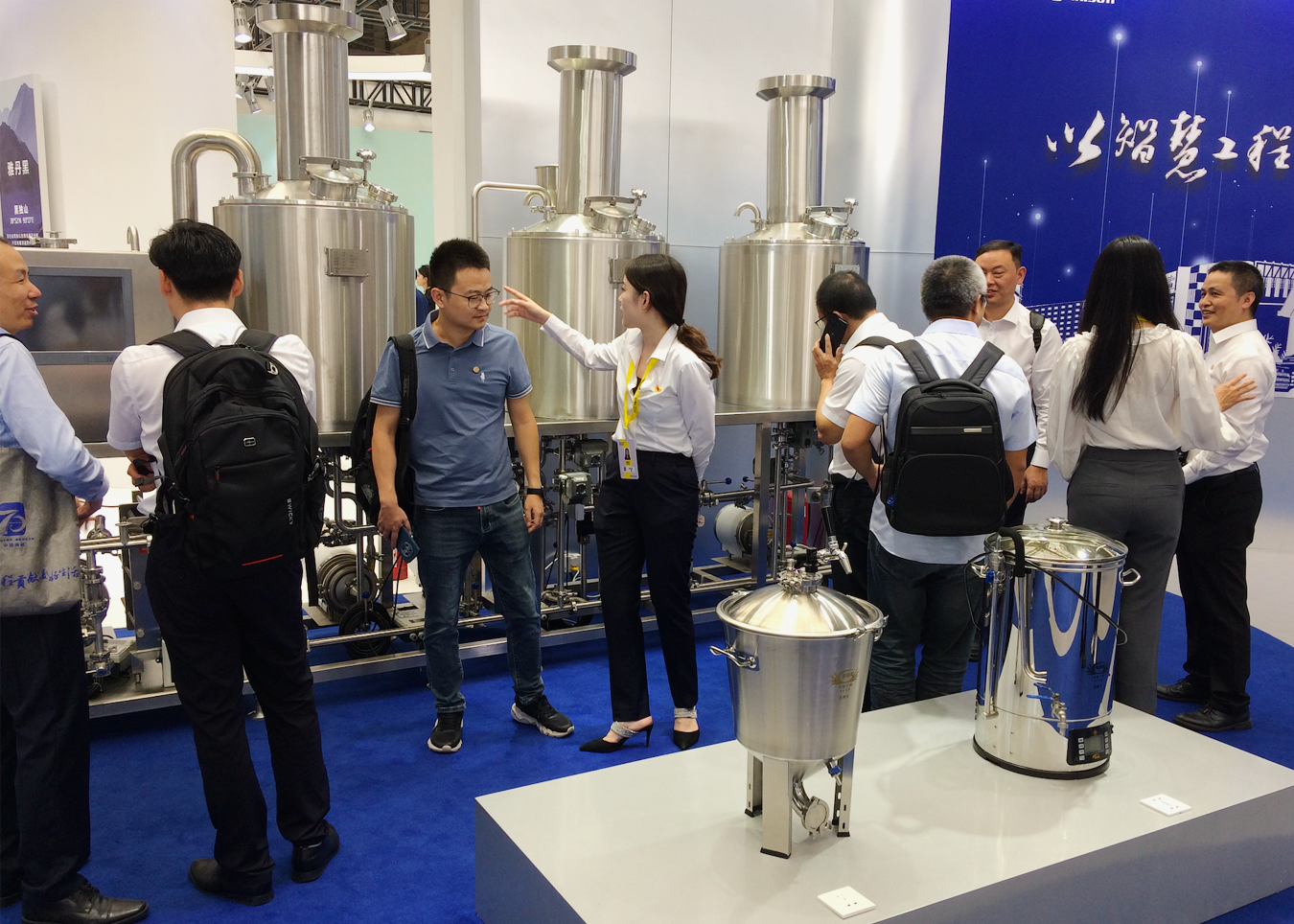
3. Shanghai’s biggest shipbuilder is pivoting into equipment for craft breweries. This is a smart move: in pre-modern times, every neighbourhood had its own brewery.
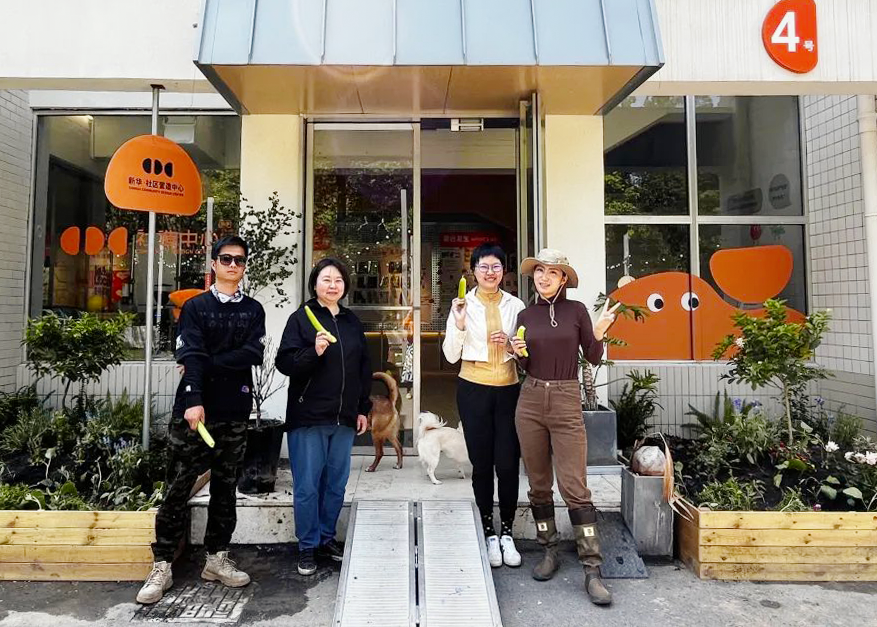
4. Sony is trialling an AI-driven permaculture app that tests soils, and orders seeds.
mp.weixin.qq.com
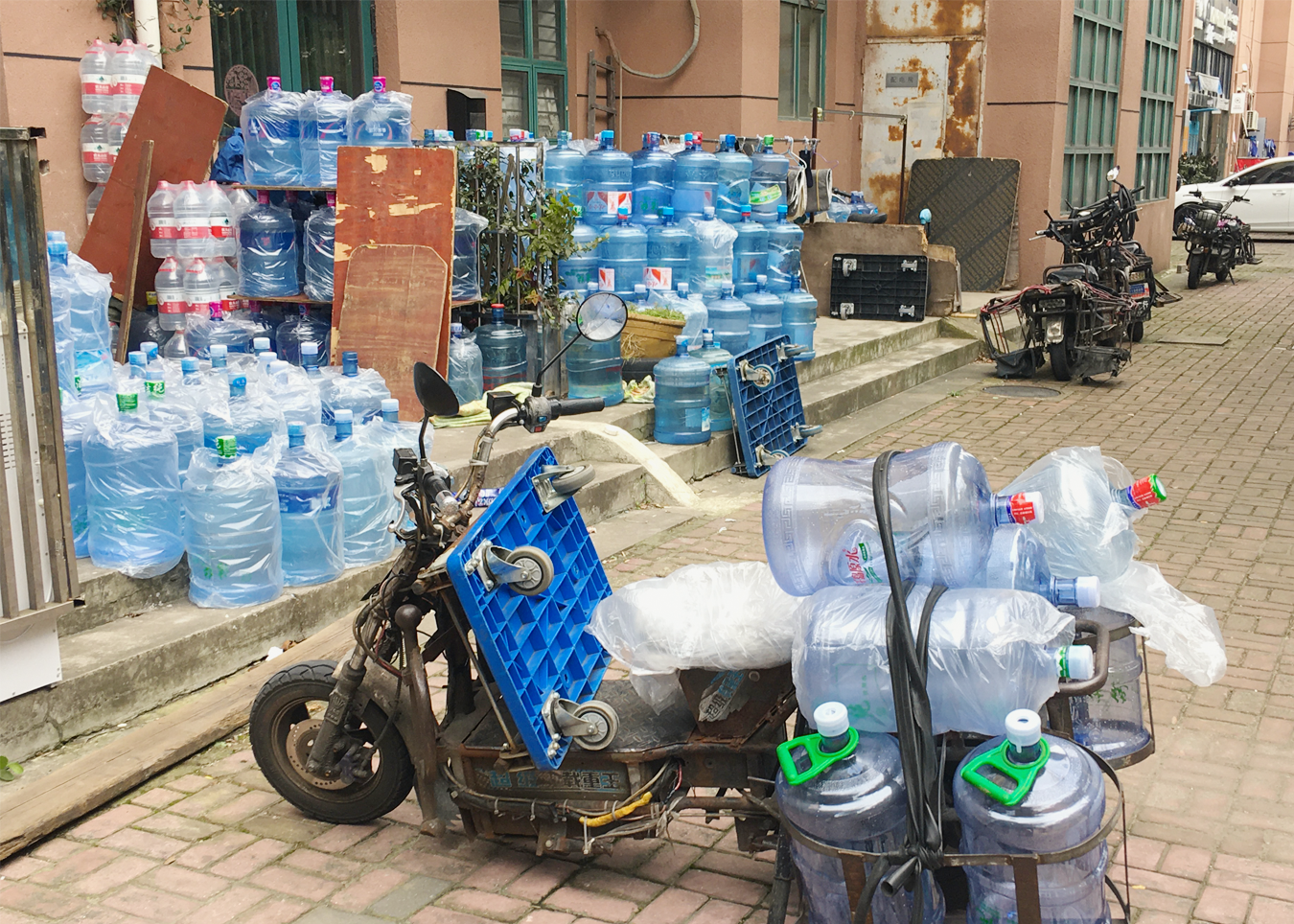
5. Almost no white delivery vans are to be seen in downtown Shanghai. Everything is delivered on battery bikes – not bad for a city of 25 million people. This transformation was not predicted; China’s cities were planned with cars in mind.
sixthtone.com/news
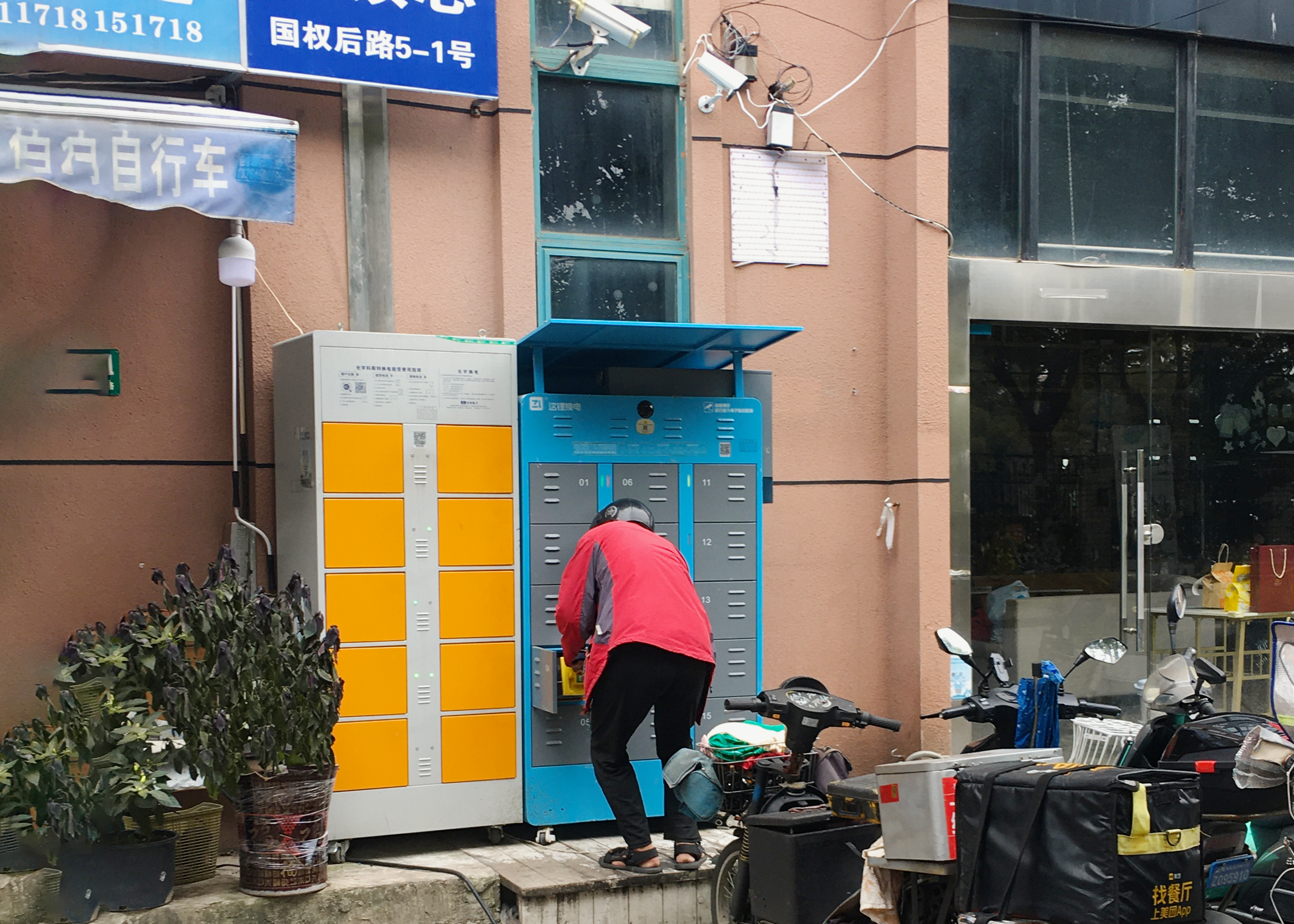
6. To keep all those scooters moving, a battery-swapping boom is being led (for now) by the Taiwanese firm Gogoro gogoro.com/gogoro-network (motto: “Electric Fuel Reimagined”). But an informal battery-swapping service has already been introduced by couriers on battery bikes: the guy here is putting a scooter battery into a hive box outside someone’s apartment block. None of this was forecast by any energy futurist I ever read
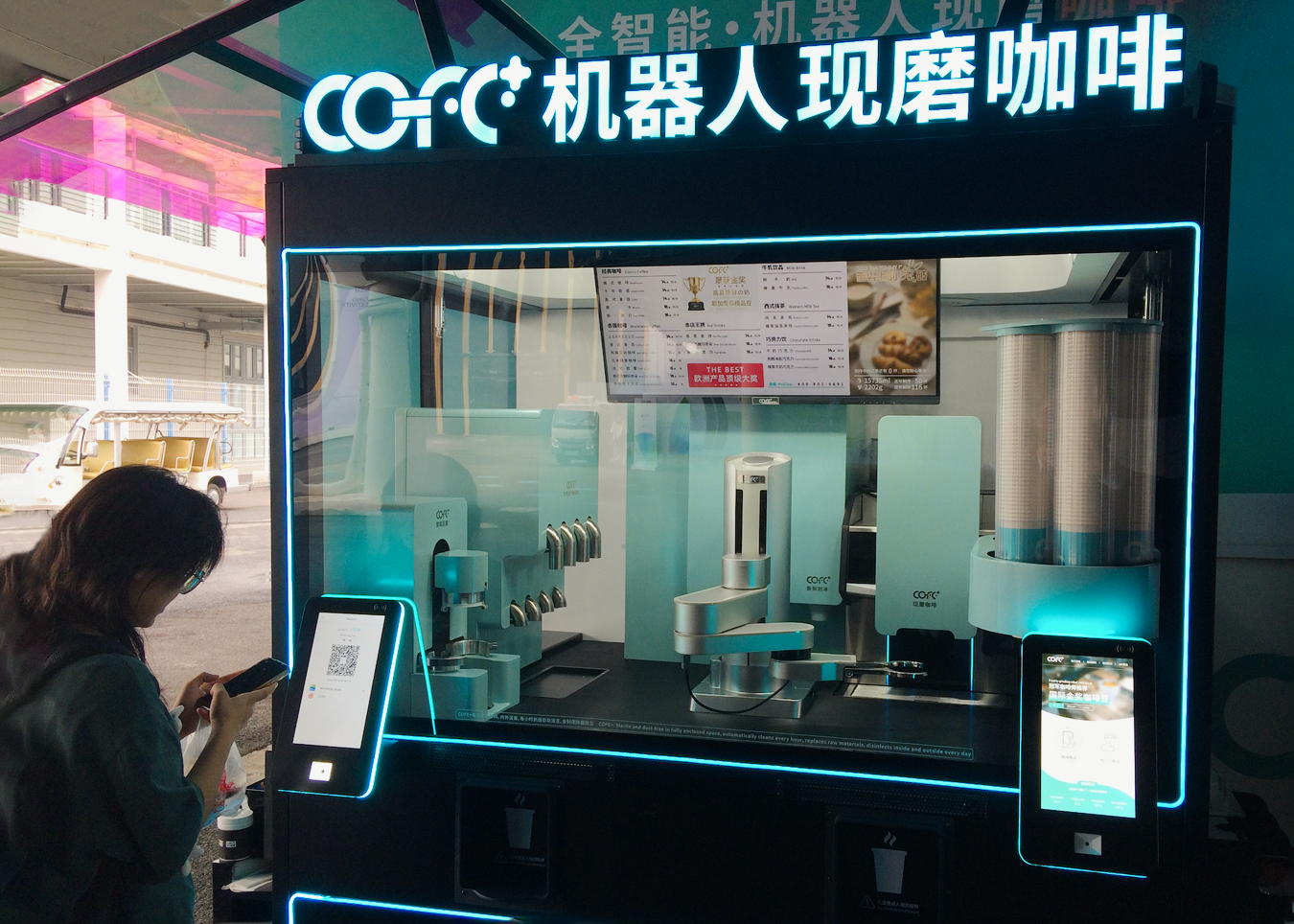
7. I felt sorry for the robot espresso machine at our conference site; hardly anyone seemed to be using use it except me. The coffee wasn’t all that bad.
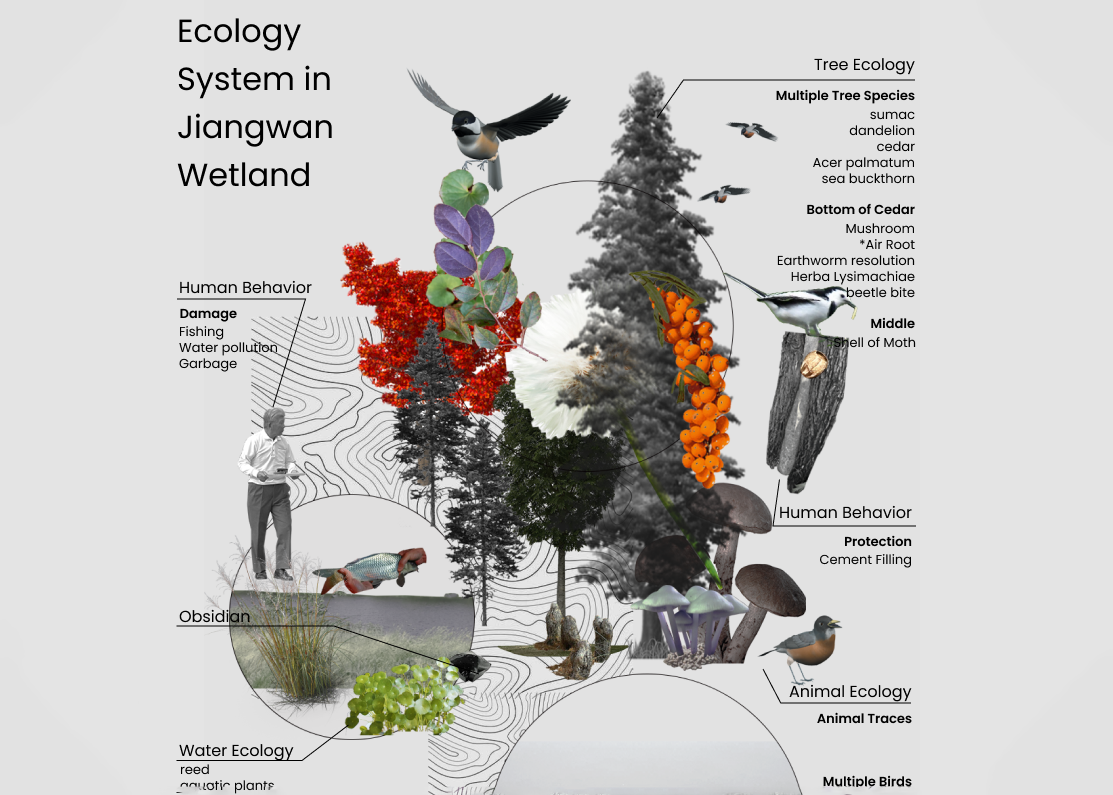
8. My main collaborator at Tongji University is the Ecology and Cultures Lab. They explore new relationships between the city, nature, and rural – such as on bioregioning in Shanghai’s watershed.
ecology.shanghai-visual.org/web/urban-nature-2022
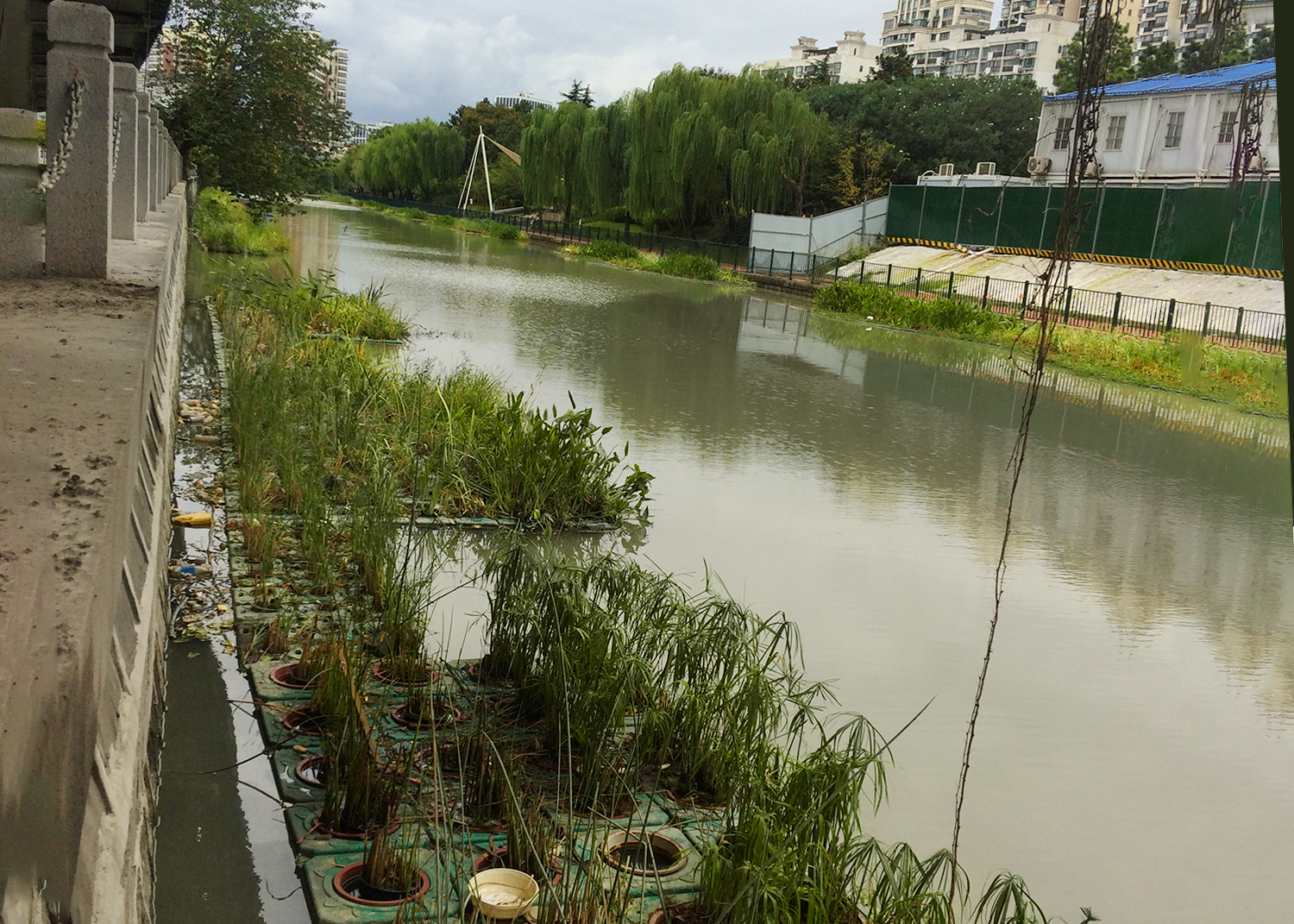
9. The use of phytoremediation to clean up Shanghai’s rivers is spreading. These plants are called hyperaccumulators. A hyperaccumulator is a plant capable of growing in soil or water with high concentrations of metals. Such plants absorb these metals through their roots, and concentrate them in their tissues. No machines or chemicals are involved.
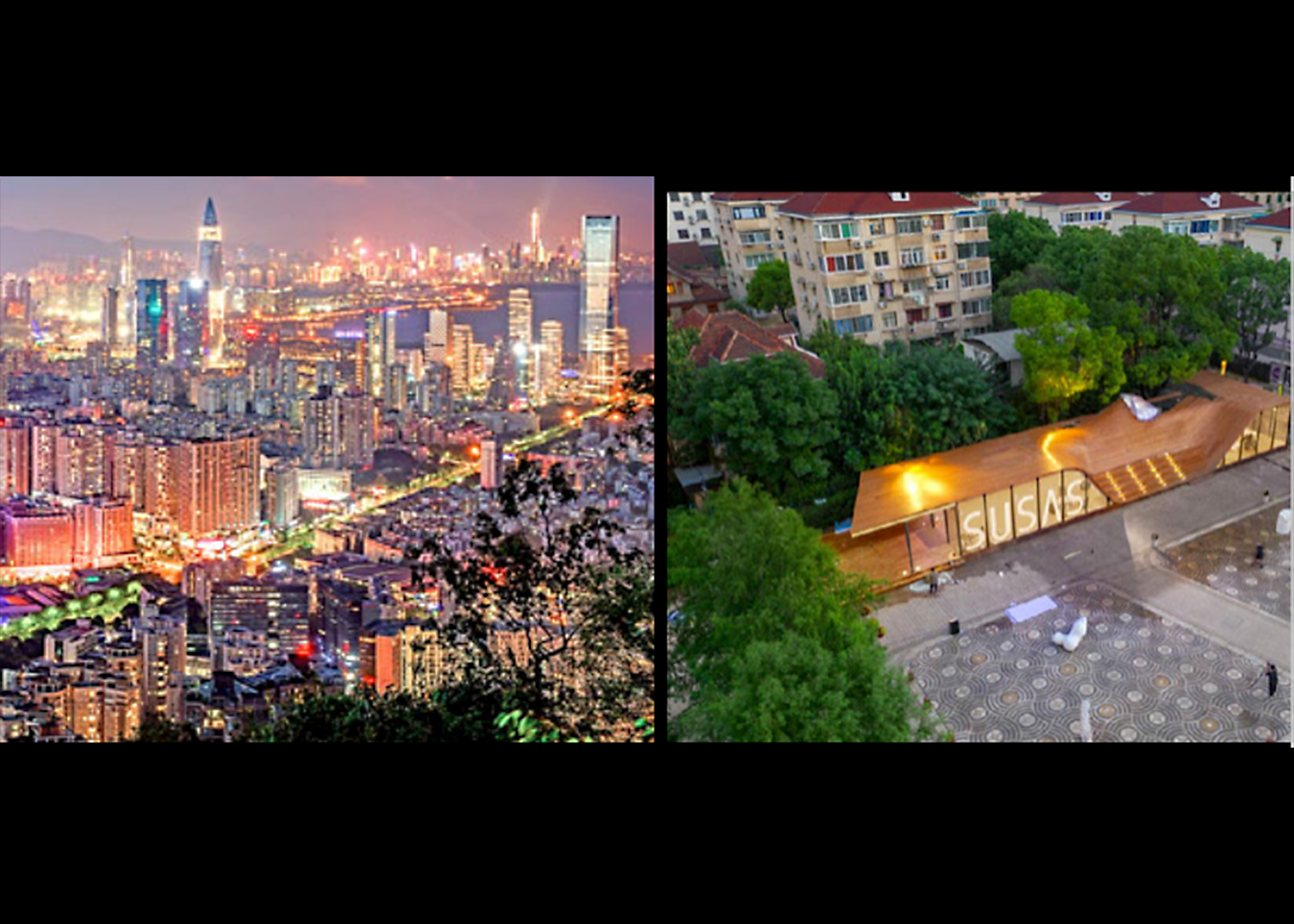
10. Shenzen vs San Francisco?
An article in Noema Magazine headlined “The World China Is Building” concludes that our futures will be a choice “ between Shenzen or San Francisco”. This is a false binary. A third (and fourth, and fifth) approach to city development is emerging from a global swarm of community retrofit projects. In Shanghai, these include:
• 15-Minute Community Life Circles (shown above,: Xinua Street)
planning.org.cn/nua
• NICE 2035
fablabs.io/labs
• MeetU Lab
meetulab.com/environmental-design-program-studio-course
• 3511 TFEP m.cnwest.com/bwyc
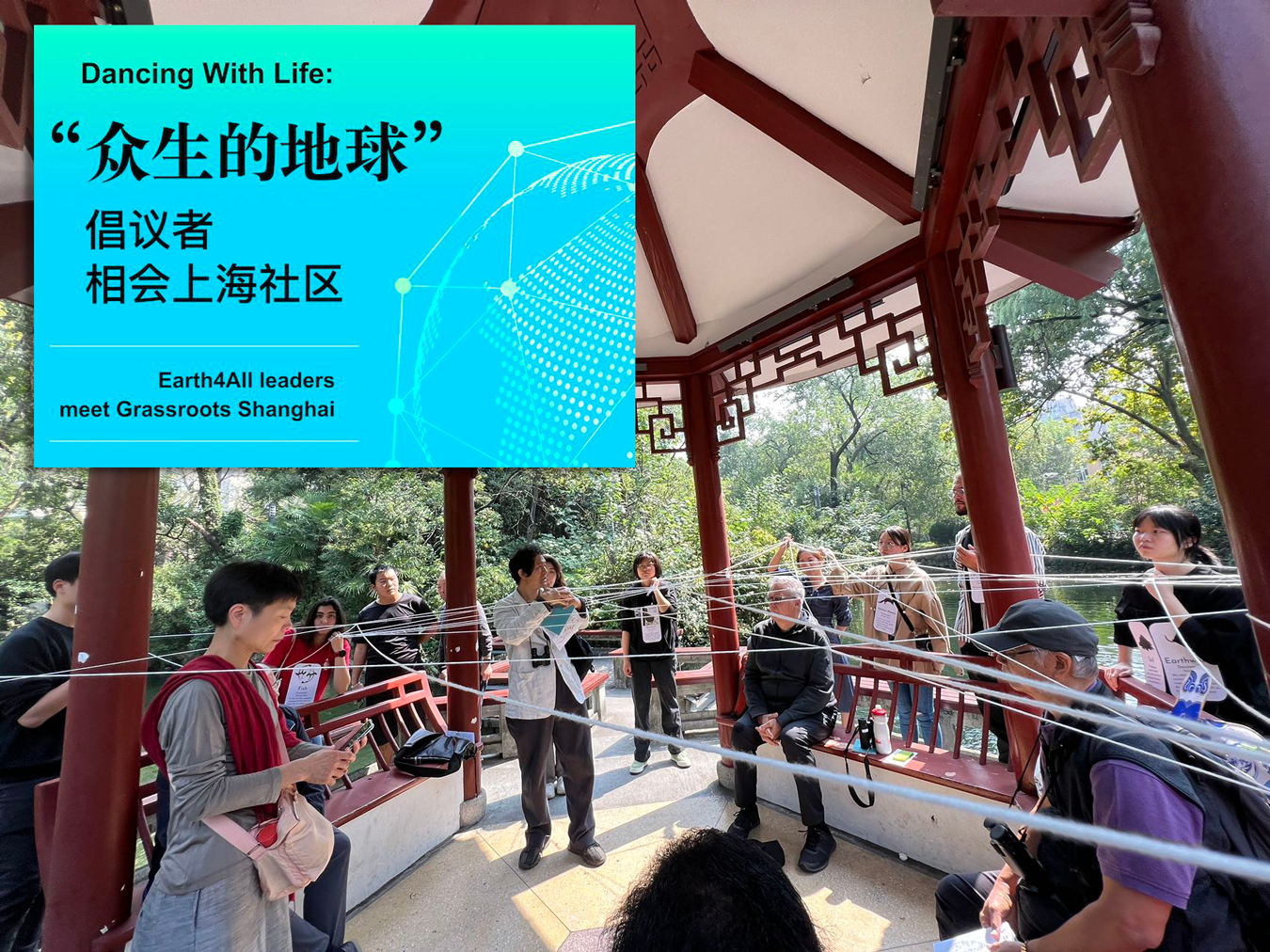
11. Together with the authors of Earth For All (who are members of the Club of Rome) we organised a Forum called Dancing With Life. (Donella Meadows used those words to describe the best way to intervene in living systems). Together, we played Web of Life game in which you get entangled in multiple relationships with other living entities.
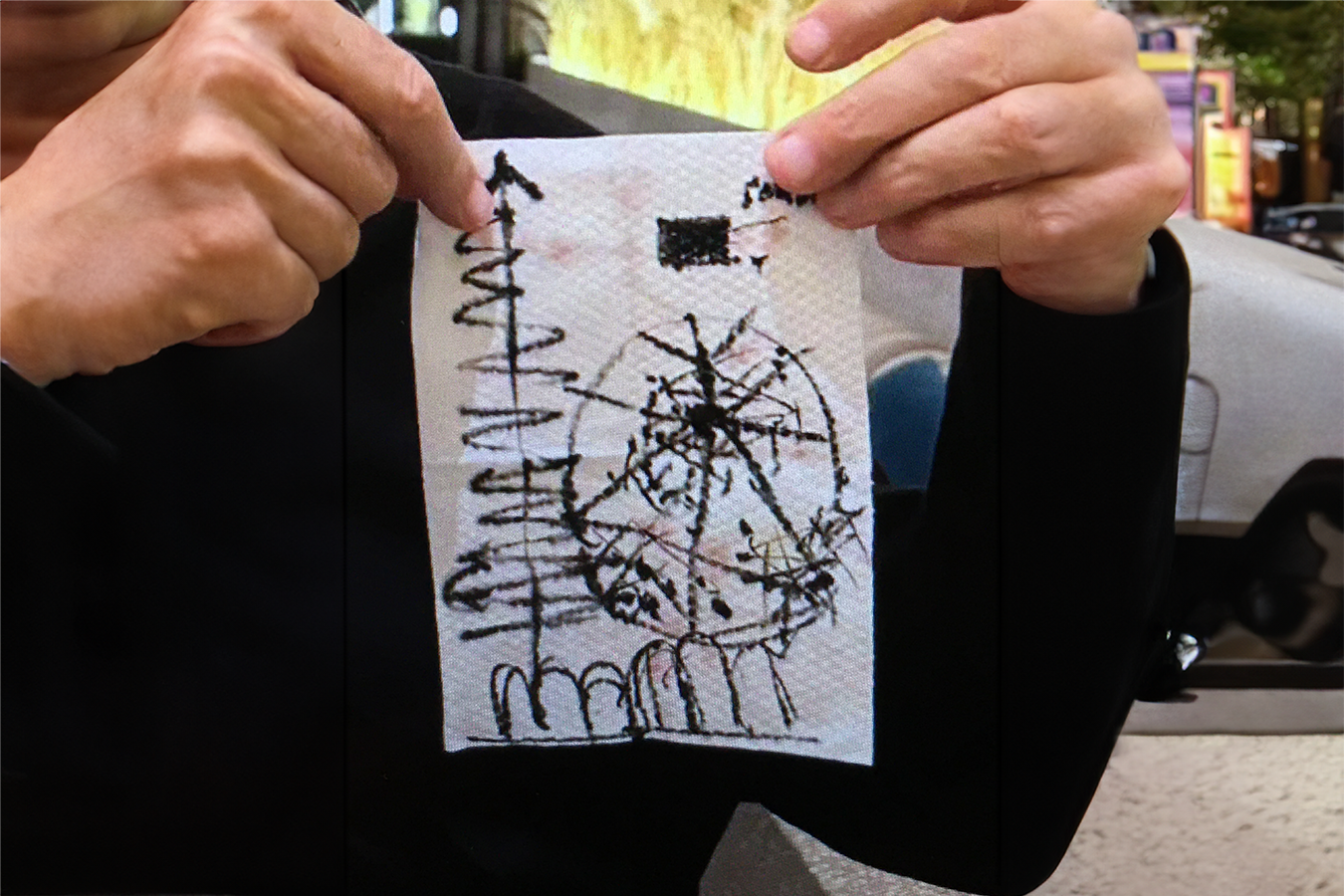
12. My boss at Tongji University, Professor Lou Yongqi, made this map as we discussed my work for the next two years. As you can see, it’s a journey of discovery :) My territory spans three subject areas:
Care, Value, Place;
Urban-Rural Reconnection;
and Knowledge Ecologies & AI.
Thackara research statement, Tongji university
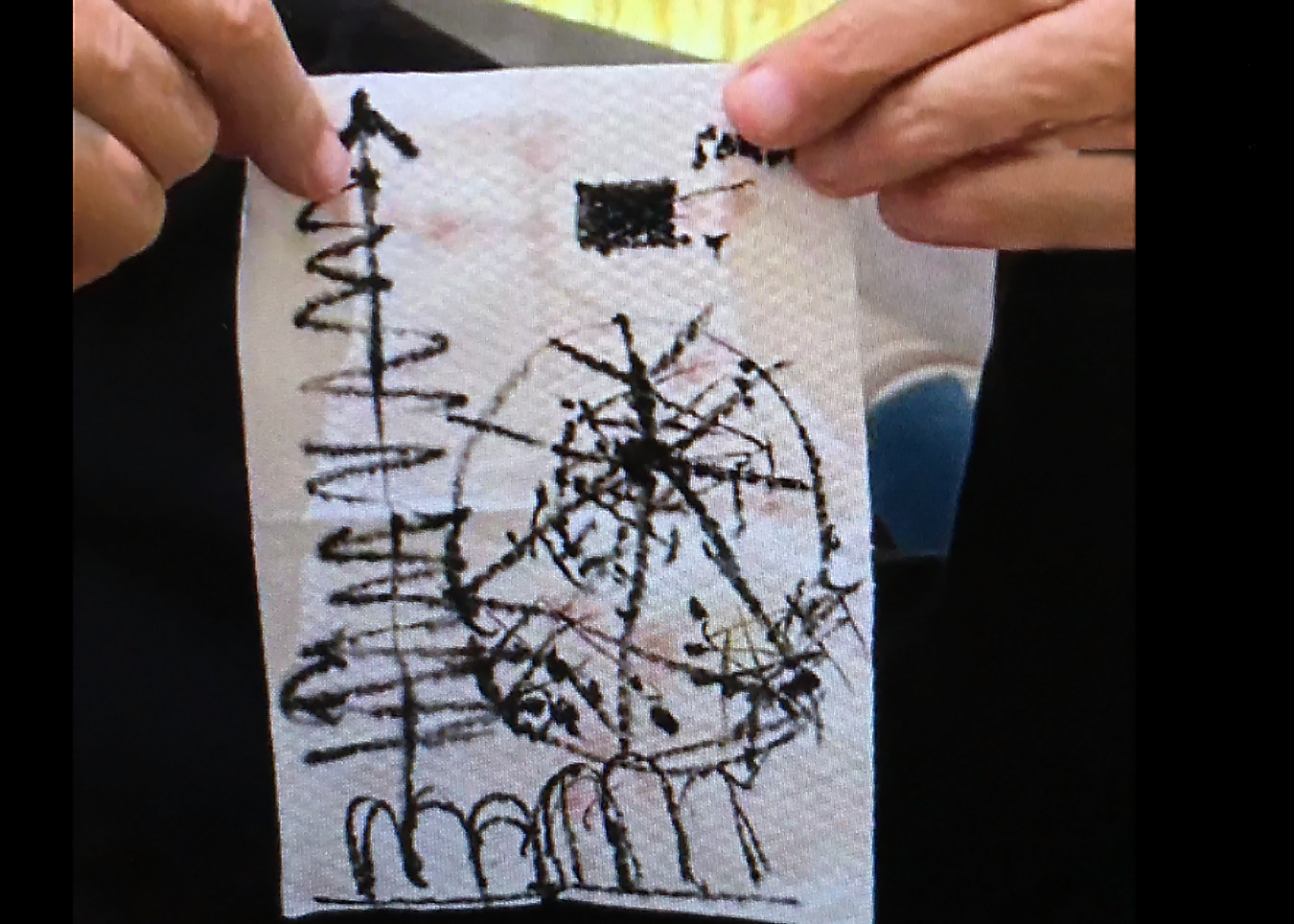
When the map is the destination
My boss, Professor Lou Yongqi, mapped out my work for the next two years. My research agenda at Tongji University spans three subject areas: Care, Value, Place; Urban-Rural Reconnection; and Knowledge Ecologies & AI.
The ecological turn in design
For a third year, I’m organising a workshop next February at Milan Politecnico. I challenge design students to design an urban infrastructure, tool, equipment, place, or experience – and give them three domains to choose from:
– Soil care, composting, and fermentation;
– Trees, microparks, and edible forests;
– Microbiome inspired green infrastructure.
thackara.com/urbanrural/nature-as-infrastructure-microbial-urbanism-and-design
Open School for Village Hosts (OSVH): Manifesto and Handbook launched
Village Hosts are collaboration experts who co-create new services and enterprises in rural areas that have a positive ecological and social impact. They seek out and connect assets that may already exist in a community – people, places, buildings, and skills – but are unknown, or neglected. Their work leads to make it possible for diverse partners and stakeholders to work together – often for the first time. There are dozens of rural networks, platforms, labs and hubs in Europe, but the majority of these are time-limited and feature university reasarchers. OSVH a community of practice for people who are from, and will stay in, their locality. The OSVH Manifesto and Handbook have just been launched.
villagehosts.eu
Landscapes of Learning: Bioregioning 1:01
Bioregioning re-connects us with living systems, and each other, through the unique places where we live. It reminds us that we live among watersheds, fibersheds, and food systems – not just in cities, towns, or ‘the countryside’. Growth, in this bioregioning, means soils, biodiversity and watersheds getting healthier, and communities more resilient. But how do you do it (bioregioning) ? In 2024, I’m helping the Bioregional Learning Centre develop a Bioregioning 1:01 course for mid-career professionals.Details to follow soon.
bioregion.org.uk/meet-the-team
MeetUp / 7-Day Sabbatical, Retreat or OffSites
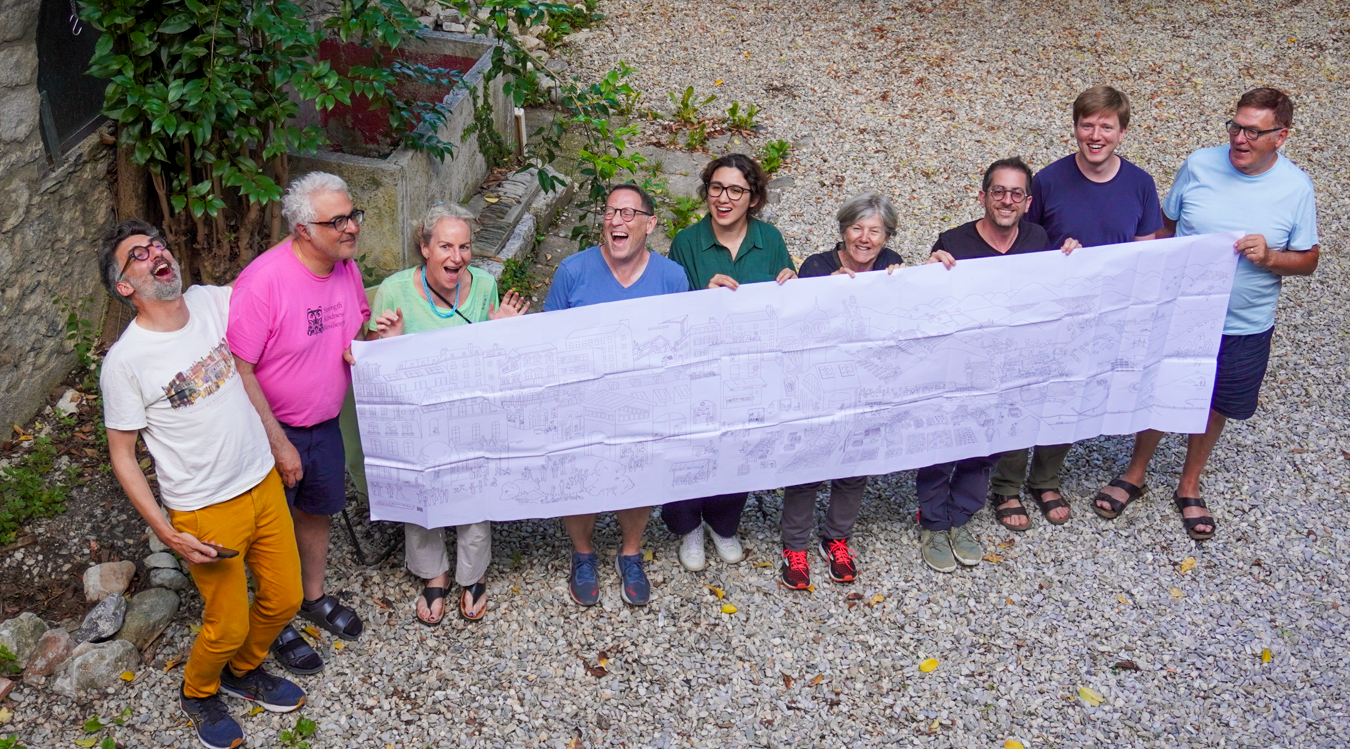
People come to explore what designing for life might mean for them. Some are working on a live project, thesis, course, or book. Others want to transform their professional situation, and only do good work. They use a time-out in France to figure out how to do that.
Aside from organised Sabbaticals/MeetUps you can come in the off-season for a Retreat or bring your team to an OffSite
thackara.com/meetinfrance
